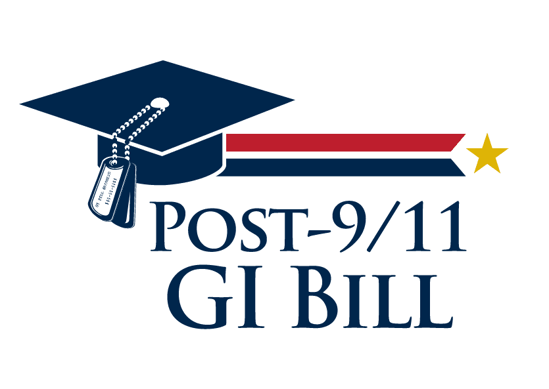 The GI Bill®, a program initiated by the United States government after World War II, has provided countless veterans a chance to pursue higher education and vocational training. One area of interest for many veterans is flight training. The Federal Aviation Administration (FAA) regulates flight training under two parts: Part 61 and Part 141. But the question at hand is: does the GI Bill cover Part 61 flight training?
The GI Bill®, a program initiated by the United States government after World War II, has provided countless veterans a chance to pursue higher education and vocational training. One area of interest for many veterans is flight training. The Federal Aviation Administration (FAA) regulates flight training under two parts: Part 61 and Part 141. But the question at hand is: does the GI Bill cover Part 61 flight training?
Learn more about the differences between Part 61 and Part 141.
Defining Part 61 Flight Training
Part 61 flight training entails. The FAA's Part 61 of the Federal Aviation Regulations (FARs) stipulates the requirements for obtaining pilot's licenses and ratings in the United States. Under Part 61, flight training can be a flexible and adaptable process, allowing for a pace dictated primarily by the student's progress. Training is normally one-on-one with a Certified Flight Instructor (CFI), allowing for personalized instructions.
GI Bill and Flight Training
The Department of Veterans Affairs (VA), the agency that oversees the GI Bill, does extend coverage for flight training under specific conditions. According to the VA's official website, the GI Bill covers vocational flight training on a reimbursement basis, wherein the VA will reimburse up to 60% of the approved charges.
However, the Post-9/11 GI Bill, which has superseded the original GI Bill and is used by the majority of veterans today, has its own rules. This bill covers tuition and fees for degree-granting colleges and universities, housing allowance, and a books and supplies stipend. Under this bill, flight training is also covered, but with several stipulations. Flight training under the Post-9/11 GI Bill is only covered if it's part of an undergraduate degree program at an Institute of Higher Learning (IHL).
GI Bill and Part 61 Flight Training
Does the GI Bill pay for Part 61 flight training?
Generally. no. There are some exceptions. If the Part 61 flight training is incorporated into an undergraduate degree program at an IHL, it may be covered by the Post-9/11 GI Bill. This implies that the IHL, which must be VA-approved, offers a degree program that includes flight training as part of its curriculum. The degree program could be in a field like aeronautical science, aviation management, or professional piloting. These types of programs usually partner with flight schools (which could be Part 61, but more often are Part 141) to offer the actual flight training.
In contrast, if you plan on receiving your flight training at a standalone Part 61 flight school that is not incorporated into a degree program, the Post-9/11 GI Bill will not cover this.
The important factor to consider is the type of training you are receiving. The GI Bill does not cover private pilot license training unless it is part of a structured, approved degree program. But the GI Bill will cover advanced training—like instrument rating or commercial pilot training—even at standalone flight schools, as long as they're VA-approved, but these are part 141 flight schools.
Learn more about using VA benefits for flight training.
In summary, the GI Bill can cover Part 61 flight training, but only under very special circumstances. It primarily depends on whether the training is part of an approved degree program at an IHL. For veterans looking to utilize their GI Bill benefits for flight training (not as part of a degree program), they need to select a VA approved flight school, which means a Part 141 flight school.
VA policies, guidelines and the law change over time, so it's important to keep abreast of any changes in VA policy or aviation regulations, but for now if you are using VA benefits, you'll almost certainly want a part 141 flight school for advanced training. Many people choose to use a Part 61 flight school for flexibility and connivence to get a private pilots license, which they pay for out of pocket or with flight school financing. Then they switch to a Part 141 flight school for VA funded training.
Flex Air operates both Part 61 and a Part 141 flight schools in San Diego and Kansas and specializes in helping veterans, with no flight experience, become commercial airline pilots.
Learn more about becoming a commercial airline pilot.
Sources: Official VA site
GI Bill® is a registered trademark of the U.S. Department of Veterans Affairs (VA). More information about education benefits offered by VA is available at the official U.S. government Web site at www.benefits.va.gov/gibill

